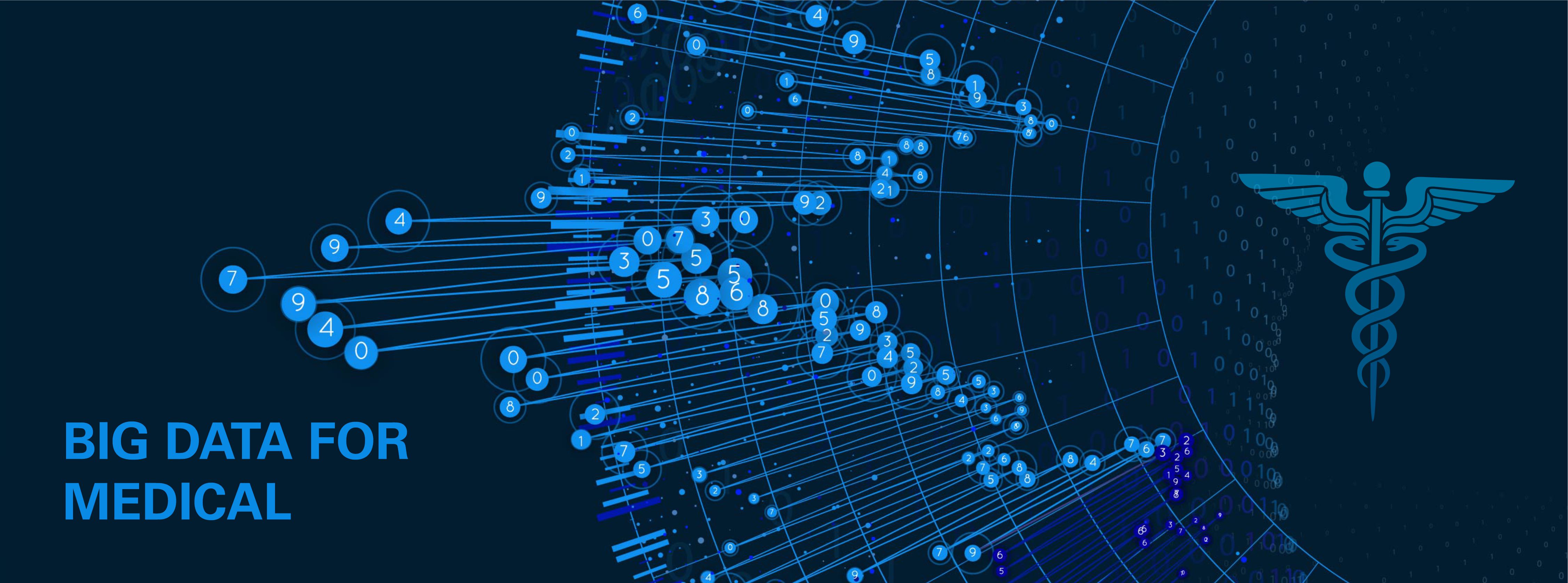Data collection and analysis is taking a new turn with new trends and decision-making techniques using Big Data in healthcare. Apart from a payer, provider, and drug manufacturer, more insights are been drawn from the member, which is becoming a driving force for better intervention, cost reduction and quality in healthcare.
One such insight can be drawn from Socioeconomic Status (SES) as this might be one of the leading sources in predicting health problems at the individual and population level. Miech and Hauser defined SES as “a broad concept that refers to the placement of persons, families, households and census tracts or other aggregates with respect to the capacity to create or consume goods that are valued in our society.” Regardless of how it is measured SES is an attempt to capture individual or group access to the basic resources required to achieve and maintain good health. SES is measured using composite and proxy measures and there is a great deal of research debating the various methods used to calculate SES. Some of the standard measures used to measure SES are income, level of education, and housing status (affordability).
MMR (Maternal Mortality Ratio) – Lack of reliable and accurate measures is a challenge in measuring the SES of an individual or population. With the evolution of Big Data in the healthcare industry, we are now learning to understand healthcare data better, which can lead to improving access to services. Big Data can also help us understand the various factors impacting SES. One particular area that Big Data can help with is maternal health. Research has shown the linkages between SES and maternal health outcomes. Analyzing the SES data can potentially predict the need for antenatal care services and help strengthen access to such services. Some of our experts recently travelled to Tanzania to visit the Serengeti National Park. While in Tanzania, they learned that the maternal mortality ratio (MMR) is 460 deaths per 100,000 live births per year. This high MMR is a combination of various factors, one of which is access to health care, which in turn is influenced by socioeconomic status. Maternal mortality is higher among lower SES groups and research has shown the linkage between the various factors that contribute to lower SES and increased maternal health risks. Child health also depends on access to health care services, immunizations, balanced nutrition, and quality management of childhood illnesses. Improving access to quality health services for the mother, newborn and children requires strengthening the health care systems.
Big Data can collect and analyze the required maternal and child health indicator data, which can potentially lead to activities that strengthen access to health care services for women and children. The data collected can strengthen our knowledge base by analyzing indicators such as level of education, income levels, and affordability. With the help of different data gathering techniques and the right analysis for the right solution, we can plan interventions that strengthen access to health care at the individual and population level. Therefore, it is important that we focus on building the scope, network, and quality of Big Data in order to improve our health care outcomes.



